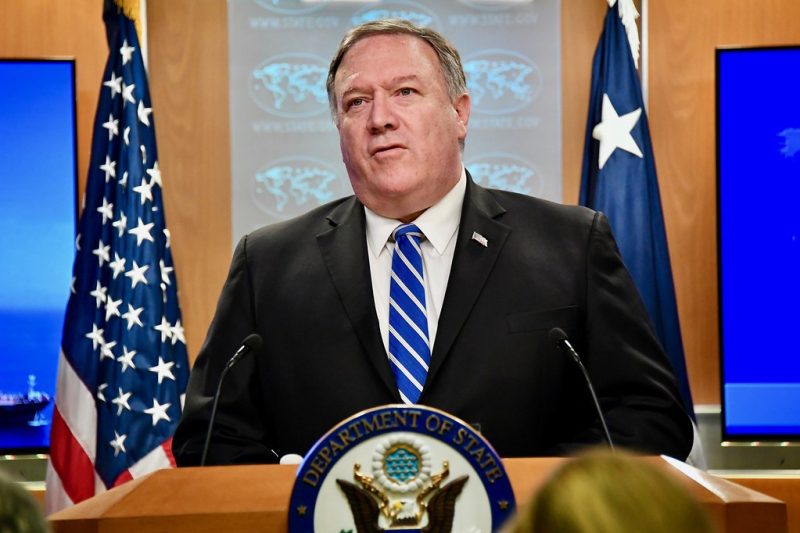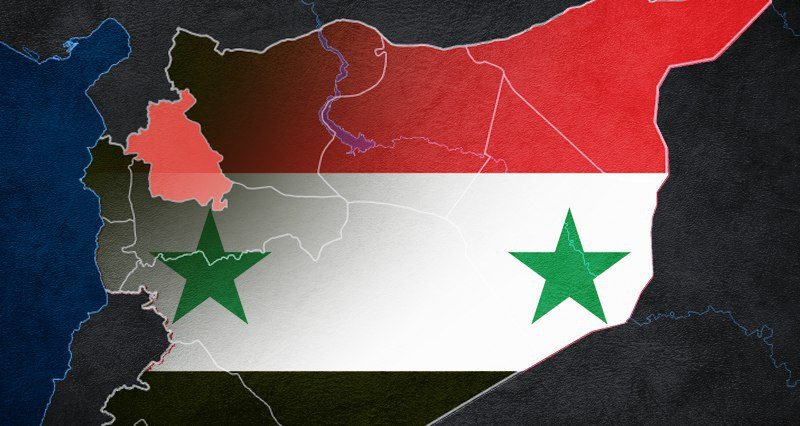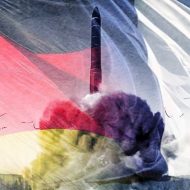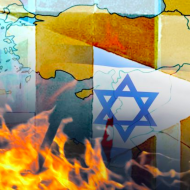Last week kicked off with bad news from Syrian Idlib. On February 3, one of our convoys was carrying supplies to the Turkish Armed Forces’ observation posts in Idlib when it came under attack, resulting in eight people being martyred. A second attack occurred on February 10, this time leaving five martyrs. Many of those who have been attentive to the situation in Syria in Turkey have been arguing that a storm would soon break out in Idlib. Retired General Nejat Eslen, in his interview on Oda TV only 24 hours before the first heartbreaking event, warned the authorities that Russia would no longer be tolerant of Turkey’s inability or hesitancy to fulfill the promises it had made during the Astana process, adding that the events in Idlib had strained Turkey-Russia relations, and that measures needed to be taken.
Who stood to benefit?
There have been reports in the media that four Russian soldiers were killed in Idlib before the attack on Turkish forces was carried out. However, there are still questions about who carried out these attacks. To find out, we must first understand who benefitted from them. There is no doubt that Russia, Turkey and the Syrian Government are on the losing side. The winners are equally certain: the United States and those in Turkey pushing for continued adherence to the unipolar Atlantic system and US hegemony. The United States sees Idlib as the soft underbelly of developing Turkish-Russian relations, vulnerable to chaos and destabilization. It is also a testing ground for creating Muslim-versus-Muslim conflicts. The coronavirus outbreak in China has relieved the United States from concern in that part of the world for the time being and undoubtedly cheered up American chiefs and strategists who want to focus on the Middle East. The incident in Idlib was the most significant disruption in Turkish-Russian relations since the crisis around the downed fighter jet in 2015. Shortly after the incident, a US state department spokesman stated that “we are with our ally Turkey.”
Shortly after, US Secretary of State Pompeo also made a statement supporting Turkey’s self-defense actions in Idlib. These statements boosted morale among the Atlanticist circles in Turkey who have been pushing to let the United States and the EU intervene in Idlib before this heartbreaking event occurred. Unfortunately, the Idlib front will continue to occupy Turkey and force it to spend its energy outside of its immediate geopolitical interests in the short and the medium term, if the situation is not managed well.

Flickr
Russia will not give up on Syria
If Turkey goes to war with the Syrian regime, we will be dragged into a very dangerous situation. Russia is acting based on its geopolitical priorities, and has proven that it will not give up on Syria or the Assad government. Moscow, which has supported Syria at the cost of confrontation with the United States and the EU, is unlikely to change as a result of requests from Ankara. It is unthinkable to imagine Russia withdrawing its bases in Tartus and Latakia which it has held since the Cold War Era despite pressure from NATO, why would things be any different in this case?
Sectarianism and geopolitics
Turkey’s current government is unfortunately occupied with sectarian rather than geopolitical perspectives, especially when it comes to Syria. Turkey made a huge mistake in the very beginning by getting involved in the Syrian Civil War.
The unbearable lightness of attacking Turkey from the Mediterranean
This policy was shaped in parallel with the requests from the US, before the FETO coup attempt, and has unfortunately shaped further Syrian policies to the present. Turkey, who supports the UN-recognized government in Libya, is taking the opposite stance against the UN-recognized government in Syria. Turkey has used the right geopolitical cards in its fight against the PKK/PYD/YPG but behaves completely differently in regard to groups in Idlib. The government’s current ideological approaches are not important and even detrimental in the geopolitical chess game.
Russia is the best example in this regard. Although the US has been used as a tool by Israel during the Trump administration, it is also acting for its own geopolitical interests. How can they justify support for the regressive Saudi Arabian regime, a monarchy which would seem backwards even in the middle ages? How can they justify their indirect support for the ongoing Saudi genocide in Yemen given that they claim to be the flag-bearers of democracy?
Turkey needs to prioritize 21st century geopolitics
Turkey needs to focus on its urgent, clear and burning geopolitical priorities. On top of these priorities, it needs to focus on the prevention of the creation of a Kurdish puppet state with sea access, the protection of the maritime zones that we were asked to give up in the Eastern Mediterranean, the maintenance of our military presence in Northern Cyprus and ensuring that the current situation in Libya meets Turkish interests.
We are in danger of losing everything we have gained in the Eastern Mediterranean. Cooperation with Russia is essential to achieving our goals. As I am writing these words, I would remind you that the French aircraft carrier Charles De Gaulle is being relocated to the Eastern Mediterranean to intervene against the Syrian government as France expands its territorial control over the country. We must also not forget Israel’s latest attacks targeting Damascus. In short, imperialism is always lurking.
The feud with Syria is no longer sustainable
On the other hand, despite all these difficulties, the Syrian government continues to increase its control across the country day by day. In these circumstances, dragging Turkey into an endless feud with the Syrian Government which is trying to maintain its own territorial integrity and is on the winning side of the 9-year long civil war would be a huge mistake, as taking on Russia, the world’s second largest military force, would be. Following this course would have serious negative consequences for Turkey on the Eastern Mediterranean front as well. Turkey needs to follow policies focused on its geopolitical interests in Syria with respect for international law, it needs to follow the Republican state tradition and the Ataturk’s vision, and it needs to avoid falling into the trap set by the patrons of Atlanticism and the merchants of sectarianism.









Leave a Reply